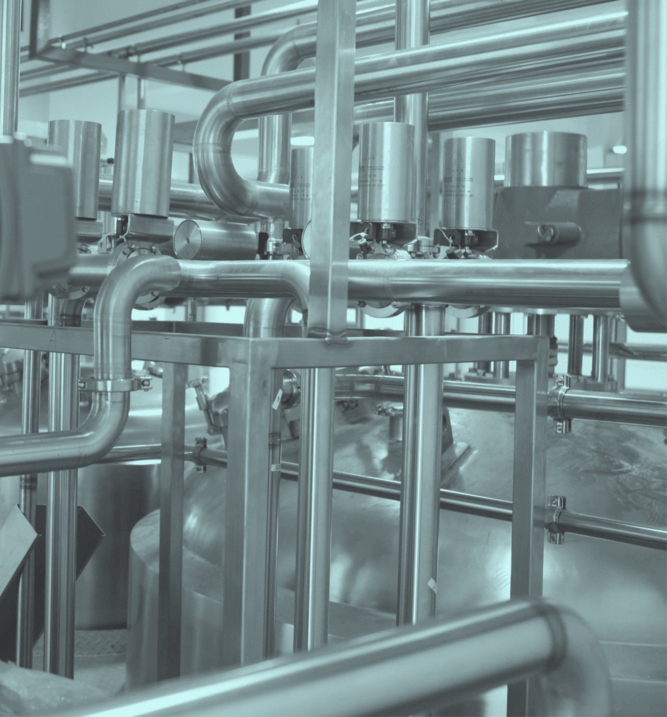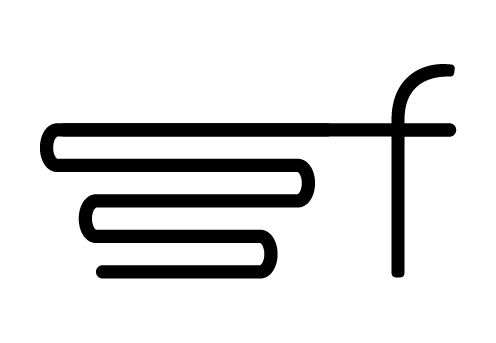Fairbrics technology

A huge pressure to become carbon-neutral
The fashion industry accounts for 5% of global greenhouse gas emissions. It produces more CO2 emissions than all flights combined. Moreover, in 2050, if nothing is done, the industry will be responsible for 1/4th of the global CO2 emission. It is estimated that polyester production for textiles released 706 million tons of greenhouse gases in 2015, equivalent to 185 coal plants’ emissions.
Fairbrics aims to address the problem of climate change by transforming CO2 emissions into valuable products such as fabrics, plastics, chemicals…

Fairbrics Solution
We use our proprietary technology that combines catalytical chemistry and electrochemistry to valorize CO2 from various sources and convert it into organic molecules that can be further processed into different products and then recycled closing the loop of the chemical industry.
Our company’s first product is a revolutionary patented technology that uses CO2 emissions instead of fossil resources to manufacture polyester addressing one of the greatest global challenges—climate change from excessive carbon emissions.
CO2 is captured from industrial sources and then reacted with a catalyst and solvent to produce chemicals used in polyester synthesis. These chemicals are polymerized to form polyester pellets, which are spun into yarn and then into fabric. In a near future, our technology will produce carbon negative, 100% sustainable PET.

We're
scaling up

We are setting up our pilot plant in Antwerp, Belgium; in order to scale up our technology and open our first industrial plant capable of producing commercial volumes of sustainable PET textiles in a few years. Addressing the key challenges of carbon neutrality, circularity, cost, value chain adaption, and textile properties is the ambition of Threading-CO2, a disruptive project that will demonstrate on an industrial scale a first-of-its-kind technology that converts CO2 waste streams into sustainable PET textiles. Click here to know more about the project.
Frequently
asked questions
Polyester is a synthetic fabric derived primarily from petroleum or coal. This material is composed of purified terephthalic acid (PTS) and monoethylene glycol (MEG).
Fairbrics has developed an innovative process for producing polyester components from waste CO2. The polyester products are then manufactured in the same manner as fossil-based products.
Polyester now accounts for over 65% of fibers used in the textile and apparel industries. The fashion industry contributes to 10% of global greenhouse gas emissions. if nothing is done, it will be responsible for 1/4 of the global CO2 emission in 2050.
Fairbrics has created a revolutionary technology to generate the components of polyester from waste CO2, which is otherwise built up from petroleum and deplete fossil resources. By reducing CO2 emissions and employing Fairbric’s technology to produce this widely used material, we can fight climate change.
Microplastic and microfibre pollution in the water supplies is a growing concern, particularly in the textile and apparel industries. However, it is not solely a polyester issue. ALL fabrics and fibres shed, whether natural or synthetic. According to one study, only 8.2% of oceanic fibers are synthetic, with the majority being cellulosic (79.5%) or of animal origin (12.3%).
Today, we use CO2 capture from industrial fumes that would otherwise be released into the atmosphere. It is very inexpensive waste, costing 10 times less than petroleum products. Our vision is to use CO2 directly captured from the air, thereby directly reducing global warming.
Please send us your complete contact information via our website’s “Contact Us” page. We can add more questions as we get queries.
